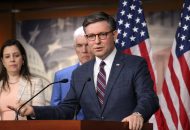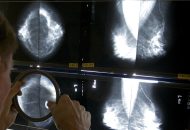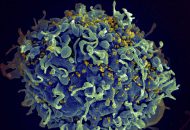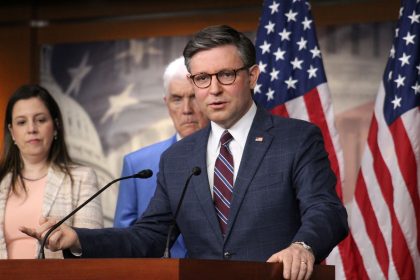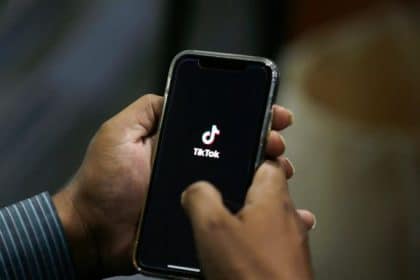Experts Warn Injecting Money Into Higher Ed Without Oversight Could Lead to Profiteering
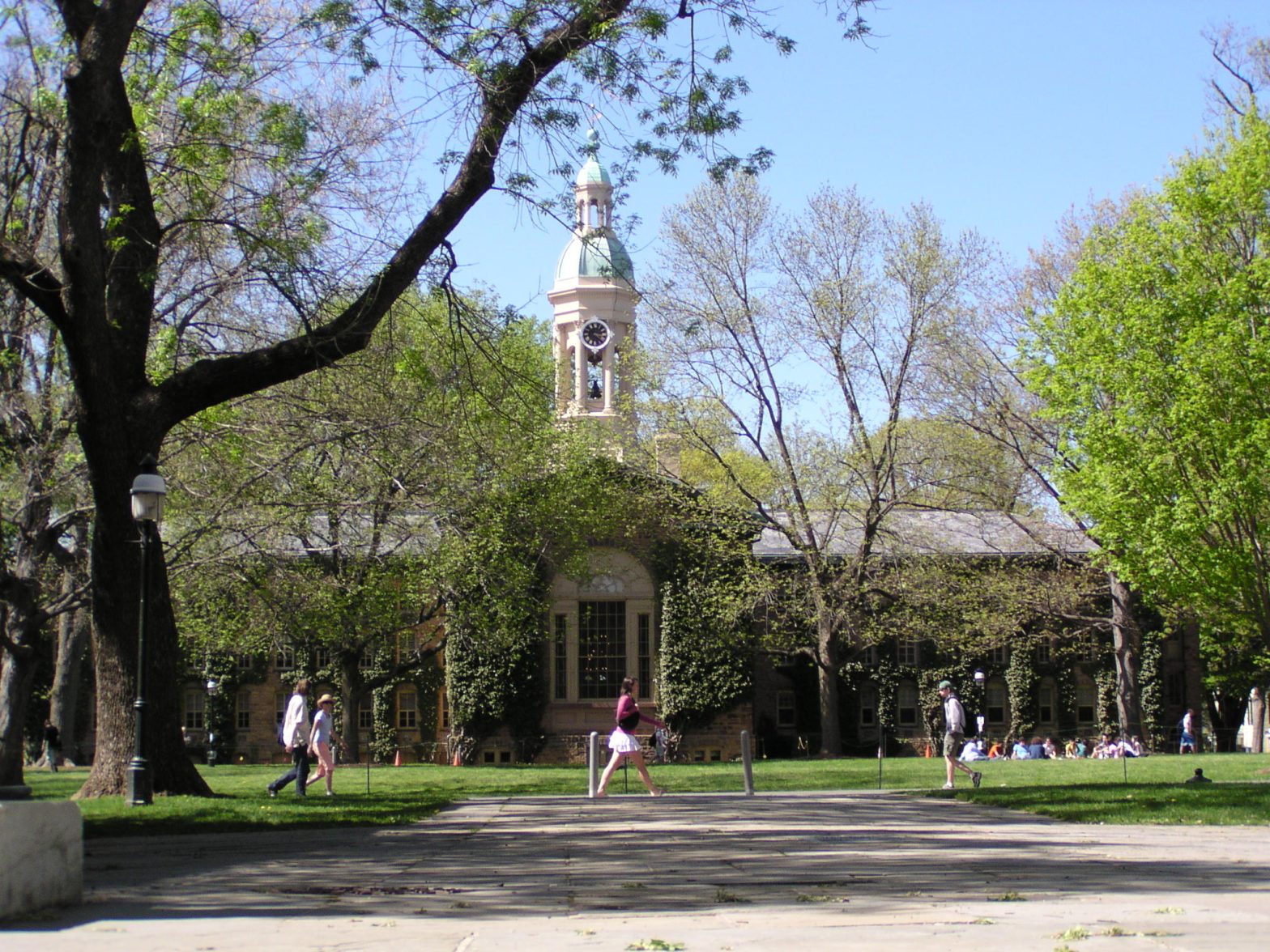
WASHINGTON — Experts say that injecting federal money into America’s higher education system amid the coronavirus crisis could unintentionally lead to more profiteering in the industry.
The pandemic has taken a significant toll on U.S. colleges and universities, shutting down college campuses and forcing teachers and students to pivot to online learning. Many institutions are now facing severe budget shortfalls as they decide whether to reopen this Fall.
Congress has provided some relief through the CARES Act, which allocates more than $14 billion in federal aid for colleges and universities, with nearly half of that going directly to students. The bill has also frozen interest accrual on federal student loans and allowed borrowers to stop making payments through September 30, 2020.
Now, Congress is considering a new stimulus package — the HEROES Act — that would provide more emergency funding for higher education.
But some experts worry that without sufficient monitoring, such a massive injection of money could backfire by encouraging some institutions to take financial advantage of students.
In a recent report by Third Way, a centrist policy think tank, experts urged Congress to maintain strict oversight on the higher education sector to protect students from predatory behavior amid the COVID-19 crisis.
“We must ensure that none of the actions policymakers take unintentionally harm students or funnel taxpayer money to predatory actors and institutions that are more likely to leave their students worse off than when they started,” the report says.
In the wake of the 2008 financial crisis, many cash-strapped colleges were forced to close, leaving thousands of students in debt and nowhere to complete their degrees.
Today, economists are warning that the coronavirus could send the global economy into an even deeper recession.
The Third Way report says that a financial downturn will likely lead to a surge in federal aid for economically disadvantaged students. While that may be good news for some, it could lead to more profiteering in higher education.
“[T]he availability of new and additional funding can create alarming incentives for predatory schools,” the report says. “We’re already seeing a dramatic upswing in advertising and marketing efforts by for-profit colleges—including some of the most prominent online players hoping to score big from the increased interest in distance education sparked by COVID-19.”
To prevent profiteering, the report suggests maintaining the 90/10 rule, a law that caps the percentage of revenue that for-profit schools can receive from federal financial aid sources at 90%.
“In such an uncertain environment for student recruiting and enrollment, keeping the 90/10 rule intact is essential to providing some level of consumer protection for students and taxpayers, and especially for military-connected students.”
More than half of students who enrolled in for-profit education programs at the height of the 2008 financial crisis left without a degree two years later, according to a 2012 report by the Senate’s Health, Education, Labor and Pensions Committee. The majority of those students also accrued significant debt from student loans, the report found.
The Third Way report also suggests maintaining laws that give colleges and universities a grade for financial stability — also known as a financial responsibility composite score — to determine whether or not they are eligible for federal aid programs.
Under Section 498(c) of the Higher Education Act of 1965, institutions must submit audited financial statements to the Department of Education each year, which the agency uses to calculate a numeric score that is posted on its website.
Some organizations, like the National Association of Independent Colleges and Universities, have advocated for getting rid of the scores, claiming they are too inaccurate to predict which institution will close.
The report acknowledges that the Department of Educations financial grading system “isn’t perfect,” but it says that getting rid of the scores could put students at risk. “Now more than ever, it is crucial that we protect students from sudden closures and the havoc they could wreak both educationally and financially,” the report says.










